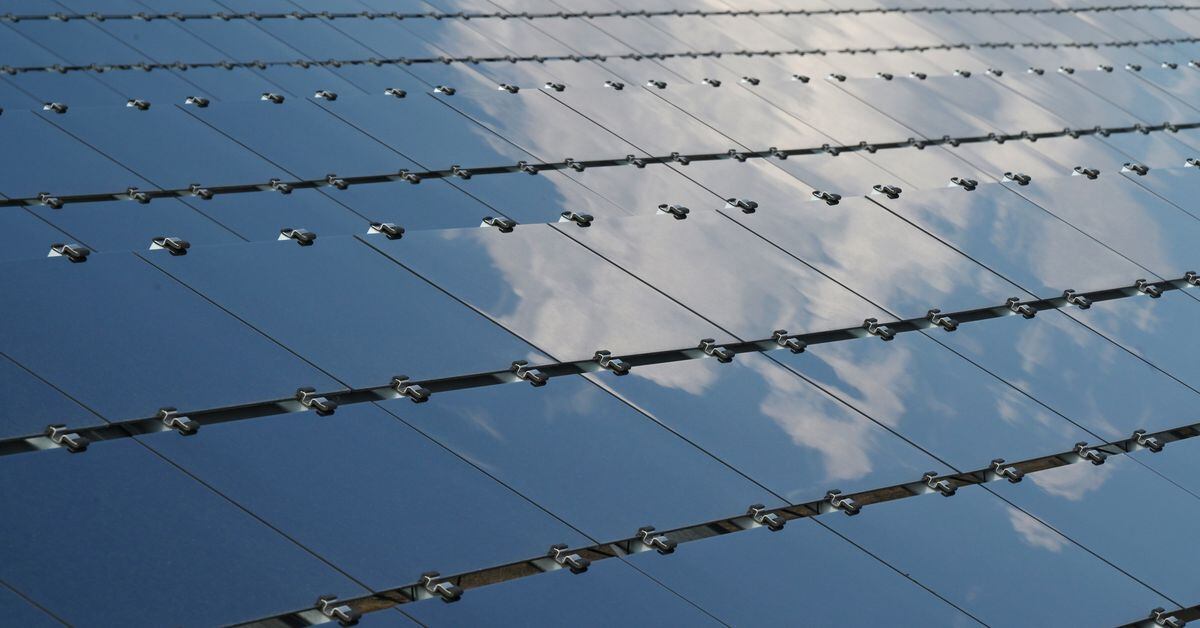I have been seeing various reference recently that solar panels are getting hard to get due to "supply chain issues". The big firms seem to have inventory, but the independents are limiting sales if they even have inventory.
I also see various entrepreneurs selling used panels, "reconditioned panels" or "recoated panels" on Ebay and other outlets. I really am not aware of how a panels can be reconditioned for the long run. The surface coatings (usually EVA) have been an ongoing issue with 2nd tier panels over the years and if those coatings go bad it starts out as cracking and then eventually the coating clouds up and the internal wiring can start deteriorating. It is questionable if the reconditioned or recoated units could be used in a permitted installation as they would have lost the original UL listing. . A very big Buyer Beware. I would actually take a chance on used TIer 1 panels as generally if a panel is made right to begin with its got more than 20 years life (but its output will be lower than nameplate).
I also see various entrepreneurs selling used panels, "reconditioned panels" or "recoated panels" on Ebay and other outlets. I really am not aware of how a panels can be reconditioned for the long run. The surface coatings (usually EVA) have been an ongoing issue with 2nd tier panels over the years and if those coatings go bad it starts out as cracking and then eventually the coating clouds up and the internal wiring can start deteriorating. It is questionable if the reconditioned or recoated units could be used in a permitted installation as they would have lost the original UL listing. . A very big Buyer Beware. I would actually take a chance on used TIer 1 panels as generally if a panel is made right to begin with its got more than 20 years life (but its output will be lower than nameplate).


